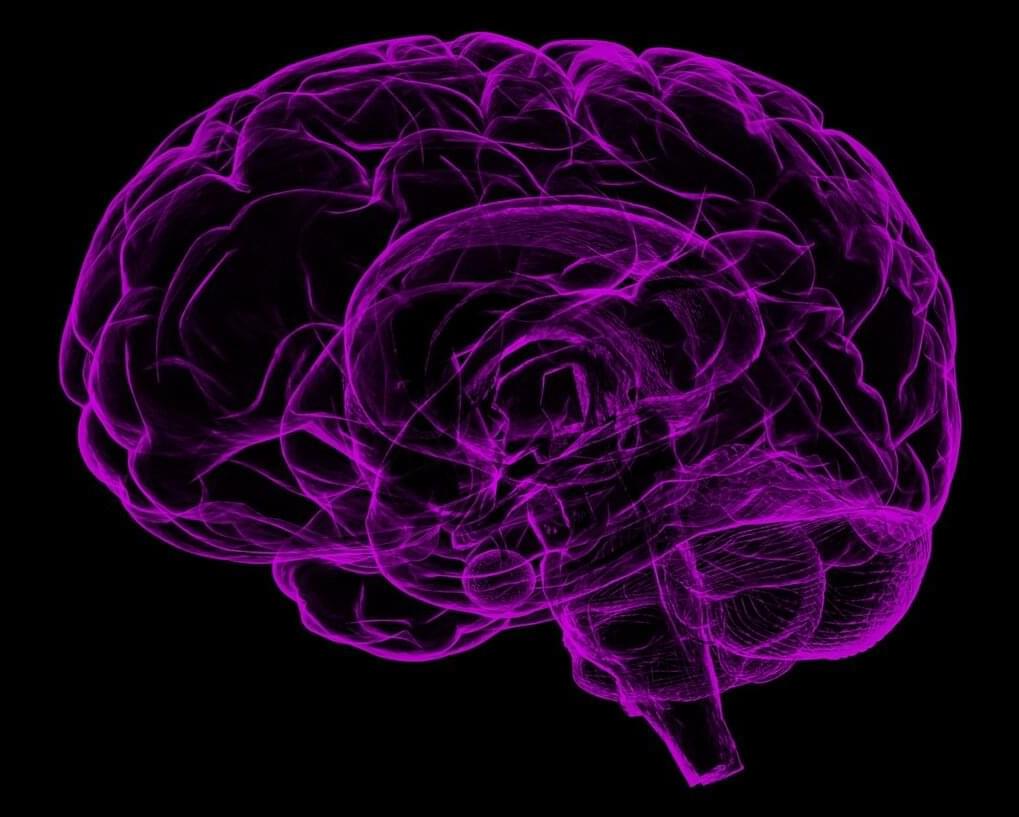Changes in brain connectivity before and after puberty may explain why some children with a rare genetic disorder have a higher risk of developing autism or schizophrenia, according to a UCLA Health study.
Developmental psychiatric disorders like autism and schizophrenia are associated with changes in brain functional connectivity. However, the complexity of these conditions make it difficult to understand the underlying biological causes. By studying genetically defined brain disorders, researchers at UCLA Health and collaborators have shed light on possible mechanisms.
The UCLA study examined a particular genetic condition called chromosome 22q11.2 deletion syndrome—caused by missing DNA on chromosome 22—which is associated with a higher risk of developing neuropsychiatric conditions such as autism and schizophrenia. But the underlying biological basis of this association has not been well understood.
